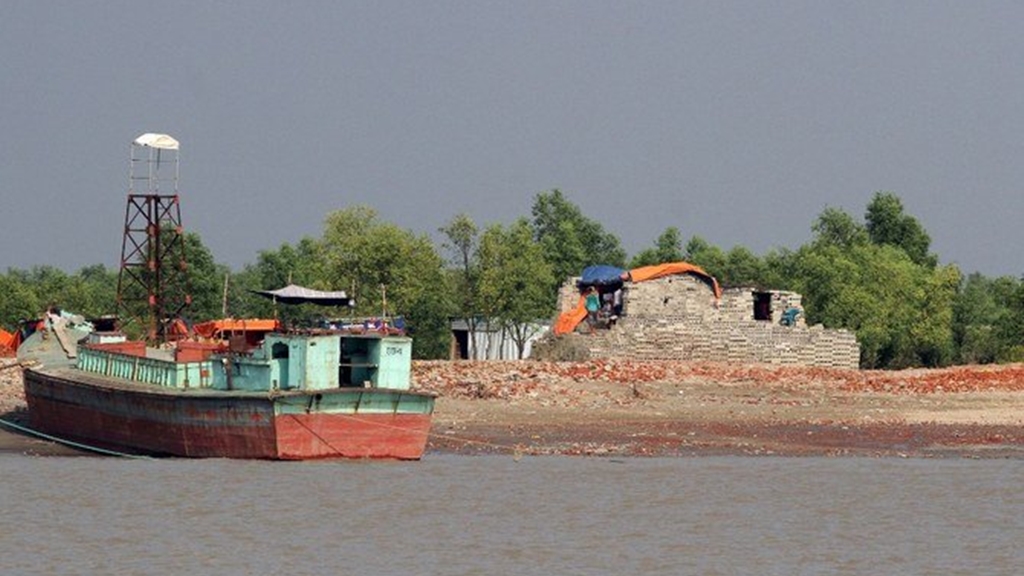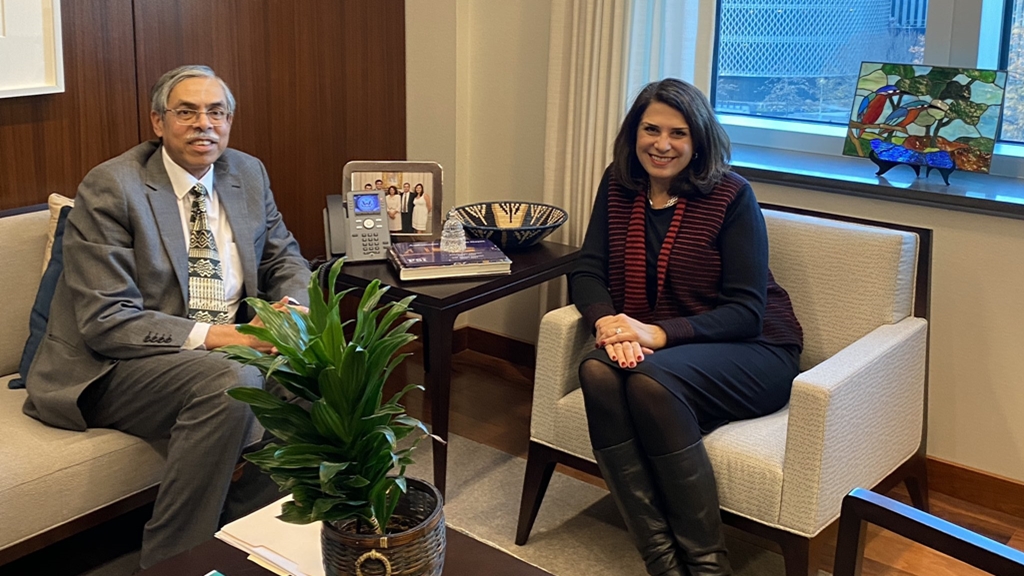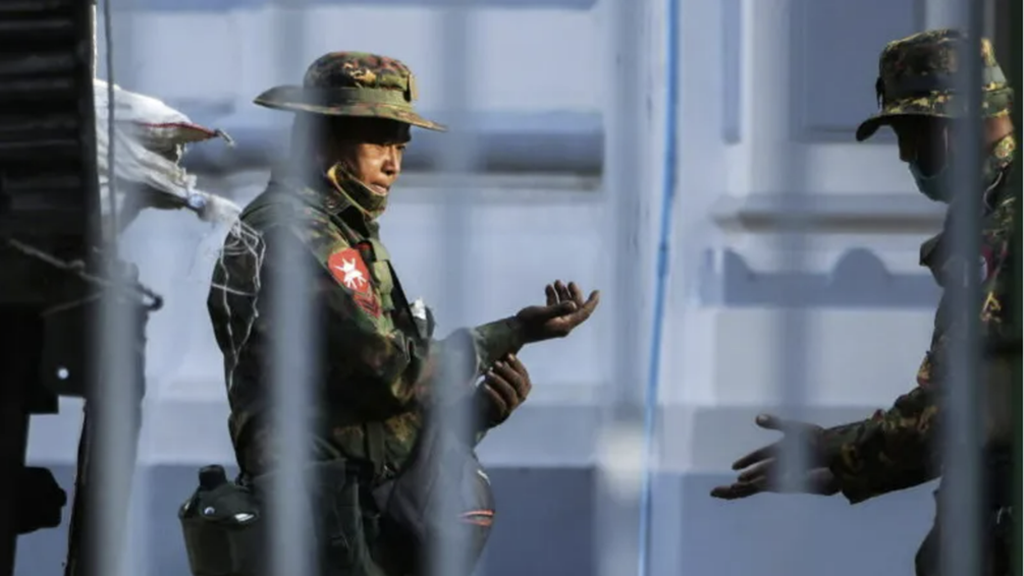
Bangladesh uses COVID-19 cover to move Rohingya to Bhashan Char
- 20/07/2020
- 0
By Dr. Azeem Ibrahim, Arab News
After weeks of drifting in rickety wooden boats in the choppy waters of the Andaman Sea, Bangladesh finally relented and rescued the almost 400 Rohingya refugees who had all but exhausted their supplies and given up hope. The refugees were attempting to make the perilous journey to Malaysia, which had previously taken in significant numbers of Rohingya and offered them some semblance of a normal existence. However, this journey was to be different. Malaysia, like other countries, had gone into complete coronavirus disease (COVID-19) lockdown and was not allowing any boats to enter its territorial waters.
So, when Bangladesh conceded and eventually announced in April it was rescuing the abandoned Rohingya, there was relief among family members who were expecting only the worst news. When Dhaka further announced that, under its new COVID-19 protocols, those rescued from sea would be temporarily quarantined on the remote island of Bhashan Char, few protested. After all, the Rohingya camps at Cox’s Bazar are among the most densely populated refugee camps in the world. Any outbreak of the virus there would be deadly. Protecting the camps had to be the No. 1 priority.
However, it has now transpired that the move by Bangladesh was not a temporary quarantine measure, but a mechanism to move the first wave of Rohingya to the uninhabited island, which has long been resisted by the Rohingya. Now that the first group has been settled on the island, Dhaka has plans to relocate more refugees from Cox’s Bazar to Bhashan Char. Many, many more.
Bhashan Char is a silty, low-level island on the coast of Bangladesh. Experts believe it is very vulnerable to flooding and not suitable for long-term human habitation. But the government of Bangladesh had already built refugee camp infrastructure on the island with the thought of relocating large numbers of Rohingya there — a plan that drew very harsh and merited criticism from the international community and the Rohingya at the time. It was hoped that this plan had been shelved. But, by choosing to quarantine those rescued from the boats on this island, the question of the relocation was reopened.
Experts believe the island is very vulnerable to flooding and not suitable for long-term human habitation. Dr. Azeem Ibrahim
The bottom line is that Bhashan Char is not a suitable place for anyone to live, let alone a vulnerable, dependent refugee population like the Rohingya. In principle, the idea of quarantining those saved at sea in a remote location is sound. And, since there is infrastructure already built there, Bhashan Char would seem to make sense as a location. But if the international medical nongovernmental organizations in Cox’s Bazar now say they have the capacity to quarantine refugees near Cox’s Bazar itself, they should be allowed to.
But there is a deeper issue that is not being discussed and is likely relevant here. Having a concentrated population of 1 million poor refugees all clustered in one place is going to be economically difficult for Bangladesh to manage, and it inevitably raises social barriers that might hinder the integration of the refugees with mainstream Bangladeshi society. From that point of view, it would not be absurd or malevolent for the government of Bangladesh to split the Rohingya into smaller, more manageable groups that can be interacted with more freely, and where there is much less tendency for self-ghettoization among the refugees. But, on the other hand, that level of interaction between these smaller Rohingya groups and mainstream Bangladeshi society could well be taken to be a threat to the distinct cultural identity of the Rohingya.
If this is what is going on in the background in the thinking of the government of Bangladesh on these issues, then this is a really delicate and difficult discussion with no obvious correct answer. And it may well be a discussion that needs to be had in the open between the government of Bangladesh, Bangladeshi society and the Rohingya themselves. In any case, Bhashan Char should not be a destination for anyone. Not the Rohingya and not anyone else. And if the government of Bangladesh does not alter its course on quarantining people there, we must be vigilant and not allow any of this settlement to become permanent.
• Dr. Azeem Ibrahim is a Director at the Center for Global Policy. Twitter: @AzeemIbrahim







